[Editor’s note: We welcome another insightful guest post from Issue Outcomes’ Tony Jaques as he shares some perspective on the flood of “outrage” we see on a near-daily basis.]
Much ado about nothing?
Social media has proved a powerful tool for raising legitimate issues onto the public agenda. But it has also facilitated a flood of confected issues and manufactured outrage.
Identifying the difference between the two is now an emerging challenge for issue managers and other senior executives. When can you reasonably ignore a confected issue and when might a real issue slip under the radar and cause reputational damage?
The extent of manufactured outrage was on display recently when JP Morgan Chase CEO Jamie Dimon used a mild ‘profanity’ when speaking to analysts. Discussing the bank’s disappointing quarterly results he said the firm needed to be more careful to “stop stepping in dog****.”
Hardly earth-shaking. Far worse can be heard on network television every night of the week. Was it wise? No. Did it detract from the bank’s message on its financial position? Maybe. Did it warrant a blizzard of outrage from over-excited commentators? Absolutely not. The bank quite rightly treated the commentary for what it was and moved on.
Another example was when First Lady Michelle Obama arrived in Saudi Arabia without her hair covered. America’s enemies and critics expressed outrage at a perceived insult to Islam, while the President’s supporters described it as a brave statement about women’s rights. However, objective observers say it was neither, and was entirely in line with well-established protocol followed by a who’s who of high-profile women visitors to the Kingdom, including Laura Bush, Hillary Clinton, Angela Merkel and Condaleeza Rice.
The problem when facing false outrage is that it’s far too easy to feel a need to explain and apologise. We know from risk guru Peter Sandman that risk is a function of hazard (what kills you) and outrage (what makes you upset) and that hazard and outrage are equally real, equally measurable and equally manageable. He warns us that it’s very dangerous to dismiss outrage as “just perception.”
But manufactured outrage is something quite different. In fact Scott Adams (of Dilbert fame) recently coined a new word – outragism – and defined it as the act of generating public outrage by quoting famous people out of context. His purpose, he said, is to arm victims of false accusations with a word that has equal weight to the accusation.
The reality is that corporations and other organisations can equally be victims of ‘outragism’ or other forms of manufactured outrage. This is not an invitation to ignore legitimate issues and concerns. Many companies have paid a very high price for this mistake. Think no further than United Airlines famously mishandling the broken guitar claim of singer Dave Carroll, who responded by posting a song about it on Youtube. It severely damaged the airline’s reputation and, at most recent count, had accumulated more than 14 million views.
Deciding whether something is a substantive concern or merely trivial is a challenging judgement call for companies everywhere. It demands wisdom and judgement … and strong nerves.
——————————-
For more resources, see the Free Management Library topic: Crisis Management
——————————-
Tony Jaques manages Australian-based issue and crisis management consultancy Issue}Outcomes, and is the author of the upcoming book, Issues and Crisis Management: Exploring Issues, Crises, Risk and Reputation, available on Amazon or wherever books are sold.
– See more at: https://staging.management.org/blogs/crisis-management/2015/02/14/comcasts-crisis-management-for-name-calling-on-bills/#sthash.ktOesCSD.dpuf












